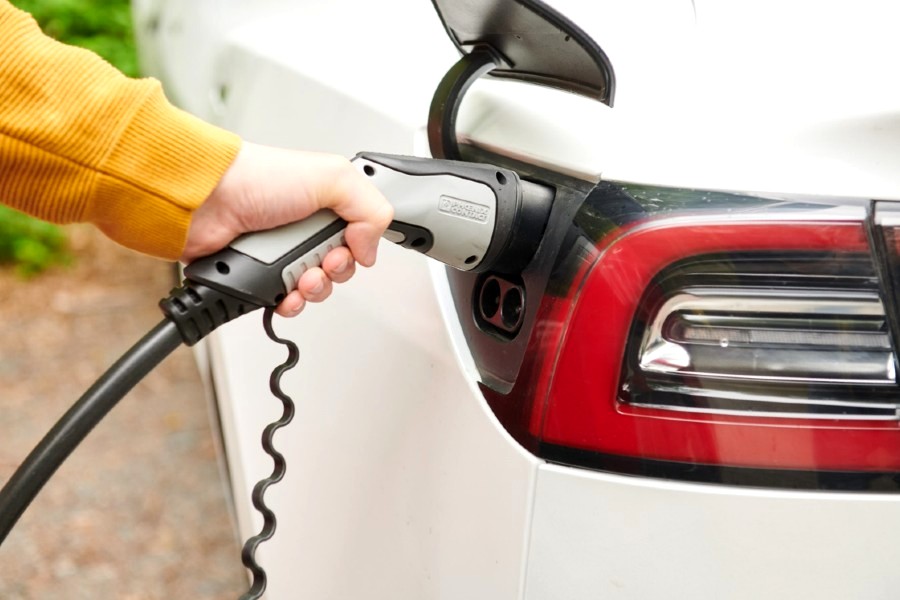
Introduction: The Evolution of Smart Charging Regulations
The landscape of transportation is undergoing a transformative revolution fueled by the advent of sustainable mobility solutions.
At the forefront of this revolution is the concept of smart charging regulations, which holds the potential to redefine how we power our vehicles and mitigate environmental impact. As the world grapples with the challenges of climate change and strives for a more sustainable future, understanding the dynamics of smart charging regulations becomes crucial for steering this revolutionary journey towards sustainable mobility.
Defining Smart Charging Regulations
Smart Charging Regulations encompass a set of policies and standards designed to promote intelligent and efficient charging practices for electric vehicles (EVs). Unlike traditional charging methods, smart charging integrates advanced technologies and data-driven approaches to optimize the charging process. It enables communication between EVs, charging infrastructure, and the power grid, allowing for dynamic adjustments based on grid conditions, energy demand, and cost considerations.
Addressing Grid Integration Challenges
One of the key aspects of smart charging regulations involves grid integration. As the number of EVs continues to rise, integrating these vehicles into the existing power grid presents both opportunities and challenges. Smart charging regulations aim to mitigate potential strain on the grid by implementing measures that manage charging during peak demand periods. By encouraging off-peak charging or utilizing renewable energy sources, such as solar or wind power, these regulations alleviate stress on the grid while promoting a more sustainable energy ecosystem.
Enabling Demand Response and Energy Management
Smart charging regulations empower the concept of demand response, enabling a two-way interaction between EVs and the grid. Through this mechanism, EVs can adjust their charging rates based on grid signals, helping balance supply and demand. Additionally, these regulations foster energy management solutions that optimize charging schedules, considering factors like energy prices, grid capacity, and user preferences. This intelligent approach not only benefits the grid but also reduces charging costs for EV owners.
Ensuring Interoperability and Standardization
To realize the full potential of smart charging, interoperability and standardization are essential. Regulations aimed at establishing common protocols and standards enable seamless communication between different charging networks, EV manufacturers, and utility providers. This interoperability ensures that EV users have access to a diverse range of charging stations and services, irrespective of the vehicle model or charging infrastructure, fostering widespread adoption of sustainable mobility.
Incentivizing Innovation and Collaboration
Smart charging regulations foster an environment conducive to innovation and collaboration among stakeholders. Governments, industries, and research institutions collaborate to develop advanced technologies, such as vehicle-to-grid (V2G) systems, which enable EVs to discharge stored energy back to the grid when needed. Incentives such as tax credits, subsidies, and research grants encourage the development and deployment of cutting-edge solutions that drive the evolution of sustainable mobility.
Overcoming Regulatory and Policy Challenges
While the potential benefits of smart charging regulations are substantial, their implementation faces regulatory and policy challenges. Harmonizing diverse regulations across regions and ensuring compliance with evolving standards pose significant hurdles. Policymakers need to create a conducive regulatory framework that incentivizes investments in smart charging infrastructure while addressing concerns regarding data privacy, cybersecurity, and equitable access.
Conclusion: Navigating Towards Sustainable Mobility
Smart charging regulations represent a pivotal driver in the journey towards sustainable mobility. By fostering innovation, grid integration, and interoperability, these regulations pave the way for a future where electric vehicles play a central role in a decarbonized transportation sector. However, addressing regulatory challenges and fostering collaborative efforts among stakeholders are imperative to fully harness the potential of smart charging and accelerate the global transition towards a cleaner, more sustainable mobility ecosystem. As we navigate this revolutionary path, smart charging regulations stand as a beacon guiding us towards a greener and more efficient future for transportation.
- The Ultimate Guide To Customizing Your Cubicle Partition For Comfort And Style
- Eco-Friendly Cubicle Partitions: Sustainable Office Design Ideas
- Sponsored Love: Luther Never Too Much In Harlem And At The Beacon NY
- FDA’s Concerns With Unapproved GLP-1 Drugs Used For Weight Loss From Harlem To Hawaii
- Two-Thousand Turkeys To Be Distributed By Anti-Poverty Nonprofit Oyate Group From Harlem To Hollis
Become a Harlem Insider!
By submitting this form, you are consenting to receive marketing emails from: . You can revoke your consent to receive emails at any time by using the SafeUnsubscribe® link, found at the bottom of every email. Emails are serviced by Constant Contact









